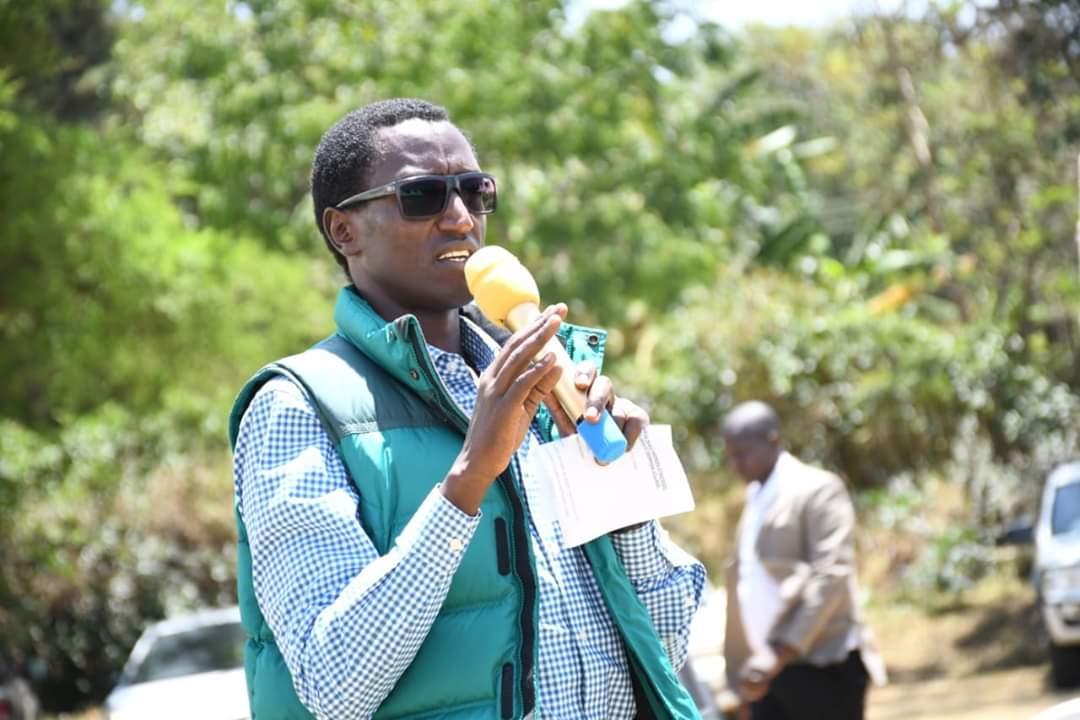Kenyans must reflect on global organised crime

In an important global conversation in Mombasa almost went unnoticed because of the understandable national uproar over the killing of influencer Albert Ojwang in police custody.
Regrettably, the torture and murder of the influencer remain the cruel face of police brutality, which attracted half-hearted, knee-jerk reactions from the Ruto administration.
Ironically, while Kenyans were angered by atrocities committed by his regime, President William Ruto was addressing a meeting on international organised crime in Mombasa, which attracted delegates from across the Commonwealth.
While addressing the gathering, the President warned that crimes such as money laundering, terrorism, and human trafficking pose serious and escalating risks to Kenya, regions and the global community.
The perpetrators operate across borders, moving people, goods, and illicit money through shadowy networks—from narcotics smuggling to the laundering of dirty money via offshore systems.
The Head of State cited Kenya’s turbulent history with terrorism, notably the 1998 bombing of the U.S. Embassy in Nairobi, the 2013 Westgate Mall attack, the 2015 Garissa University massacre, and the 2019 DusitD2 Complex assault.
He warned that transnational organised crime continues to evolve in scale and complexity, posing a growing threat to global security.
Ruto pointed out that many of these crimes are increasingly being enabled by emerging technologies and urged prosecutorial agencies to embrace innovation, including artificial intelligence, to pursue justice across borders more effectively.
He challenged Commonwealth prosecutors to put greater focus on stripping criminal enterprises of their financial lifelines.
He also called for stronger regional and international frameworks for cooperation, including real-time joint investigations, mutual legal assistance, and expedited extradition processes.
But as experts have warned, it takes more than talk to combat the dangers of transitional crime.
It requires concrete action through collaboration, enforcement, reform of our legal regimes, as well as punishment of culprits.
And since countering terrorist financing extends beyond security measures alone, it requires comprehensive integration of security, economic, and legal frameworks.
The establishment of strong legislation, transparent financial systems, and advanced security capabilities is essential to creating a resilient environment against terrorist financing networks.
It has also been noted that terrorist organisations may exploit Non-Profit Organisations (NPOs) through the collection, consolidation, transfer, dissemination and use of funds raised, and providing logistical support.
To address potential terrorism financing risks, the Public Benefit Organisations Regulatory Authority (formerly NGOs Coordination Board) should develop mechanisms to identify the specific NPOs that have been identified as being potentially at risk of terrorism financing.













